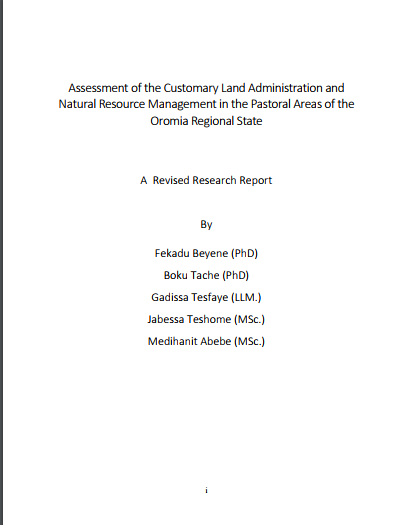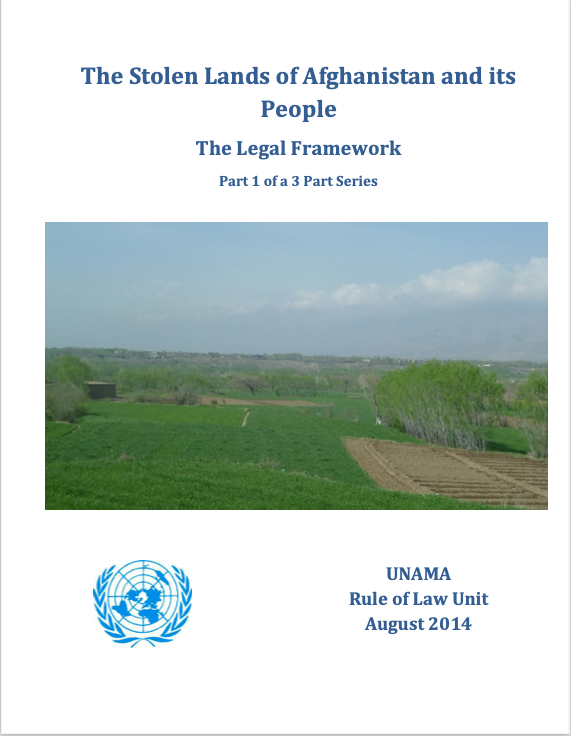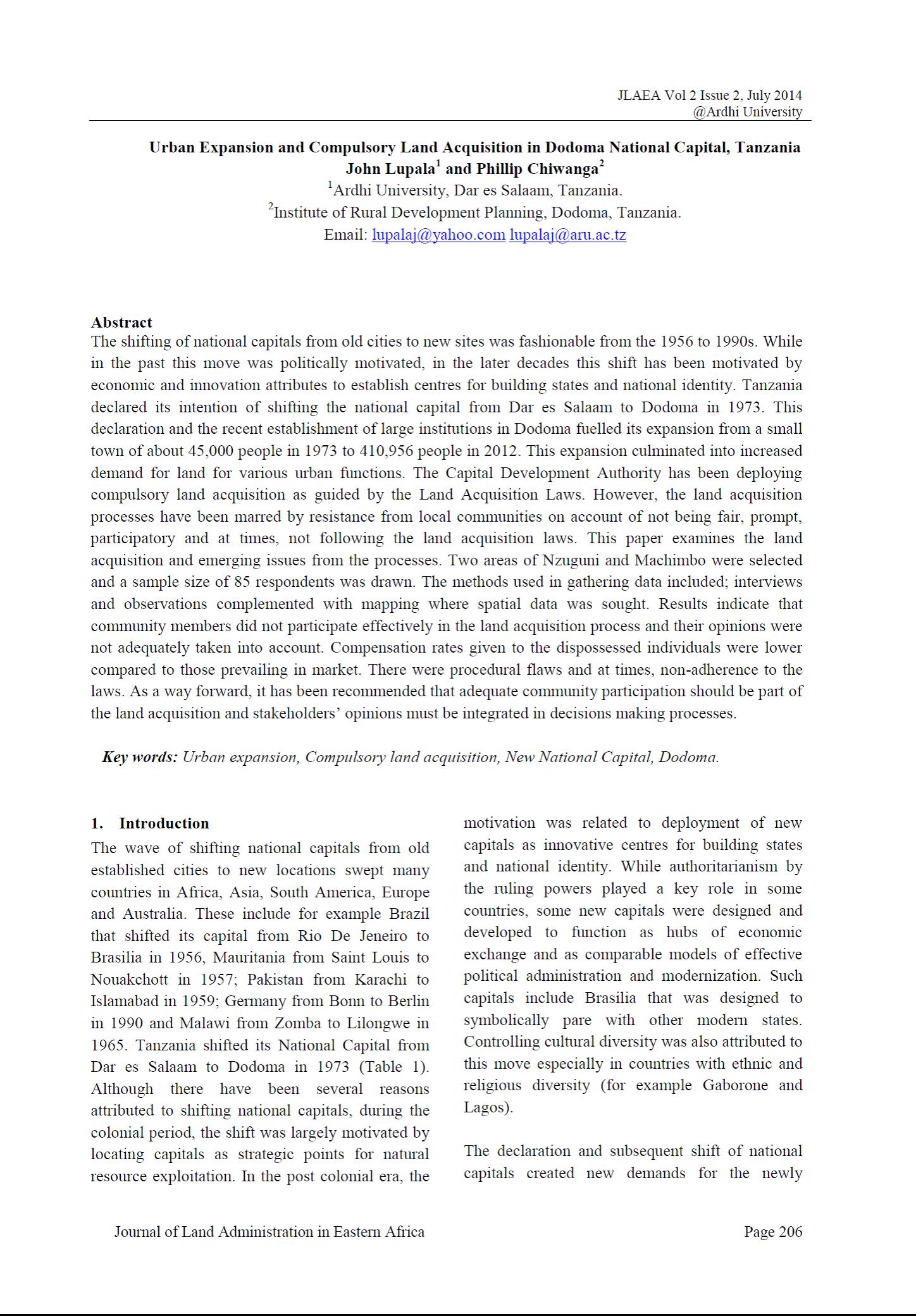Best Practices for Land Administration Systems in Developing Countries
Rural Development - Rural Land Policies for Poverty Reduction Rural Development - Common Property Resource Development Communities and Human Settlements - Land Use and Policies Urban Development - Urban Housing Rural Development - Forestry








